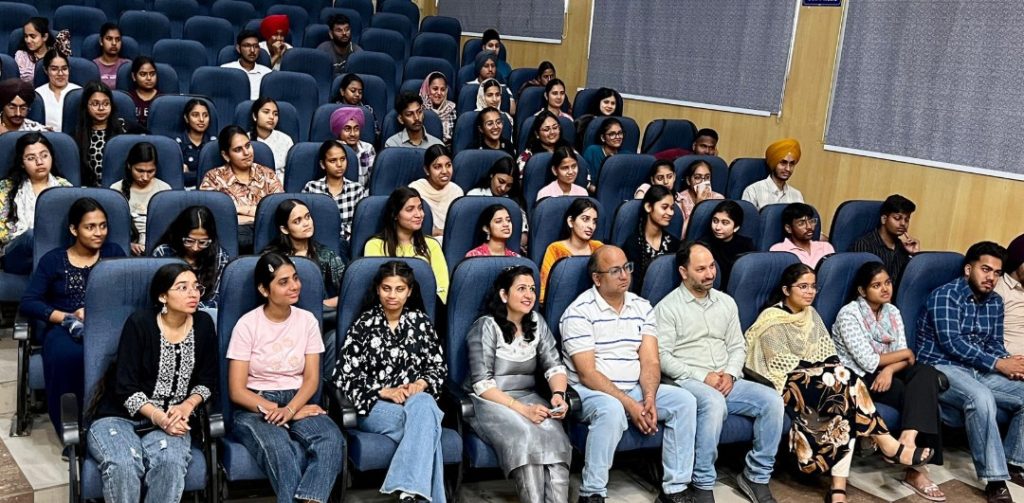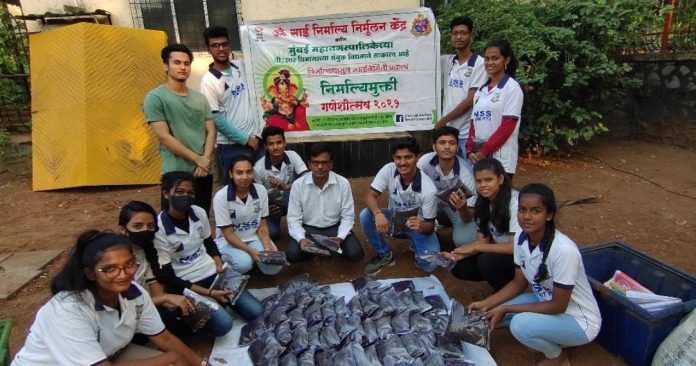NSS (National Service Scheme) volunteers have played a pivotal role in advancing digital literacy through special training programs conducted during their camps. These camps, organized across various educational institutions and communities, focus on equipping volunteers with essential digital skills that enable them to bridge the digital divide and empower underprivileged sections of society. The training sessions conducted during these special camps provide an in-depth understanding of the digital world, including the use of computers, mobile devices, the internet, and various software applications. These volunteers, after undergoing rigorous training, extend their knowledge to different groups within society, ensuring the widespread dissemination of digital literacy.
The digital literacy training imparted to NSS volunteers covers a wide range of topics. They begin by understanding the fundamentals of computing, including how to operate a computer, basic troubleshooting, and the importance of cybersecurity. With the increasing reliance on digital platforms for communication, learning, and transactions, it becomes crucial for individuals to be aware of how to use these tools safely and effectively. The volunteers are trained in different software applications such as word processors, spreadsheets, and presentation tools, which are essential for academic and professional purposes. Additionally, they receive training on how to access government portals, apply for essential services online, and use digital payment methods securely.
One of the core components of the training is cybersecurity awareness. As cyber threats and online frauds become more prevalent, NSS volunteers are educated on how to identify potential cyber threats, create strong passwords, and recognize phishing scams. They learn about the importance of antivirus software, two-factor authentication, and data privacy to protect themselves and the communities they serve from digital risks. This knowledge enables them to train others in safe internet practices, ensuring that more people can navigate the digital world without falling prey to cybercrimes.
Apart from technical skills, these digital literacy training sessions also focus on enhancing communication and teaching abilities among volunteers. Since they are expected to train others in their communities, they are equipped with effective teaching methodologies, including how to break down complex digital concepts into simpler, more comprehensible lessons. Volunteers are encouraged to use innovative approaches such as storytelling, role-playing, and hands-on activities to engage learners effectively. By refining their teaching skills, NSS volunteers become adept at conducting workshops and digital awareness programs in schools, colleges, and rural areas.

The impact of this digital literacy training is far-reaching. NSS volunteers who receive this training become agents of change within their communities. They conduct awareness drives and hands-on workshops in rural and urban areas, targeting different age groups, from school children to elderly citizens. They educate students on using digital tools for learning, help young adults develop employable digital skills, and assist senior citizens in understanding online banking and government e-services. By doing so, they contribute to narrowing the digital divide and fostering an inclusive digital society.
Another significant aspect of this training program is its role in fostering social responsibility among young individuals. NSS volunteers, being students themselves, gain a sense of purpose and a deeper understanding of societal challenges. Engaging in digital literacy initiatives allows them to witness firsthand the struggles faced by those who are unfamiliar with digital technology. This experience instills in them a strong sense of empathy and motivates them to contribute actively to the betterment of society. Many volunteers continue to work in digital literacy initiatives even after their official NSS tenure ends, proving that this training has a lasting impact on their perspectives and actions.
The government and educational institutions recognize the importance of these digital literacy programs and actively support NSS volunteers in their endeavors. Various policies and schemes have been introduced to promote digital literacy, such as the Digital India initiative, which aims to transform India into a digitally empowered society. NSS volunteers align their training with these national objectives, ensuring that the country progresses toward achieving comprehensive digital literacy. Colleges and universities often collaborate with technology companies, NGOs, and government agencies to provide high-quality training and resources to NSS volunteers, enhancing the effectiveness of the program.
Challenges, however, do exist in the implementation of digital literacy training. One of the primary issues is the lack of access to digital devices and the internet, especially in remote and underdeveloped areas. While NSS volunteers strive to teach digital skills, many individuals they aim to train do not own a smartphone, tablet, or computer, making it difficult to practice what they learn. Moreover, inconsistent internet connectivity in rural areas hinders the full utilization of digital resources. To address these challenges, some NSS units collaborate with local authorities and organizations to set up community digital centers where people can access technology and receive continuous training.
Another challenge is the resistance to change, particularly among elderly citizens who are accustomed to traditional ways of handling tasks such as banking, communication, and accessing services. Many individuals hesitate to embrace digital tools due to fear of making mistakes or becoming victims of fraud. NSS volunteers tackle this issue with patience and reassurance, conducting personalized training sessions and demonstrating the benefits of digital literacy in real-life scenarios. By highlighting the convenience, efficiency, and security of digital platforms, volunteers help build confidence among reluctant learners.
Language and literacy barriers also pose significant challenges. Many individuals, especially in rural areas, are not fluent in English or even in their regional languages when it comes to technological terminology. To overcome this, NSS volunteers adapt their training methods to local languages and use visual aids and step-by-step demonstrations to make learning more accessible. Developing multilingual digital literacy resources is another effective way to bridge the language gap and ensure that knowledge reaches a wider audience.
Despite these challenges, the overall success of digital literacy training among NSS volunteers is evident in the positive changes observed in communities. Increased digital awareness leads to better access to educational resources, improved employment opportunities, and enhanced participation in governance through e-services. Many individuals who undergo digital literacy training with the help of NSS volunteers are able to use digital payment systems, apply for jobs online, and communicate with family members through social media and video calls, thereby improving their quality of life.
In conclusion, the role of NSS volunteers in promoting digital literacy during special training camps is invaluable. Through their dedication and efforts, they not only enhance their own digital skills but also serve as catalysts for digital empowerment in society. The comprehensive training they receive enables them to educate and support various sections of the population, helping bridge the digital divide and create a more technologically inclusive nation. With continued support from educational institutions, government initiatives, and community organizations, these digital literacy programs will undoubtedly continue to make a significant impact in the years to come.


